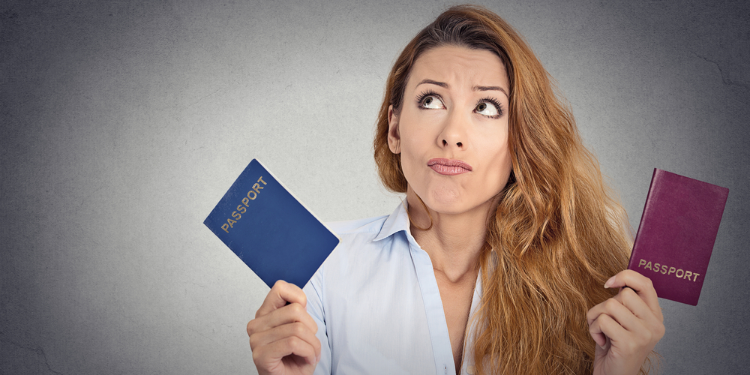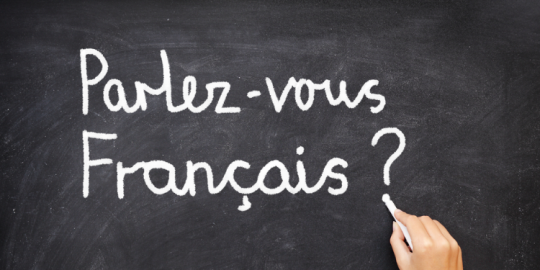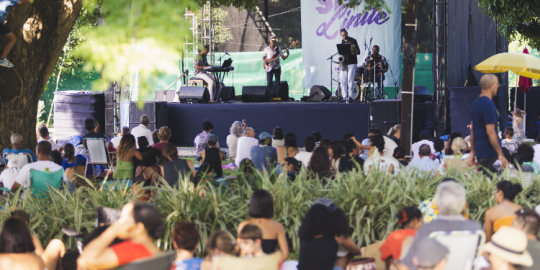Backing your country in events
Some die-hard fans don't always understand your commitment to more than one country, and some even view it as 'disloyal'. When it comes to football - the 'real' football where they actually use their feet *oh snap* - I tend to stick to my Belgian roots as the sport is more integrated in our culture there, but that doesn't stop me from wielding the southern cross like a maniac when it's the Aussies' turn. And of course, thanks to my better half, the Blues have got my full support as well. The upside of having a few nationalities is that you can focus on each country's strengths and pick and choose who you support and when. Why not celebrate those …well... because you can!
Cultural education
Integration into another country's culture and identity is part of the expat game, but that doesn't mean your own culture won't take a small hit once in a while with the occasional clash, depending on where you live. You're trying to wade your way through a mixing pot of cultural habits, things you've learnt in one country but not the other, and so on. As a dual citizen, you should take advantage of that mixing pot and immerse yourself in the culture of two or more countries. It promotes a certain open-mindedness as you learn about different histories, languages and customs; but it allows for you to put an individual spin on how you combine the best of these worlds into your own life. It's truly an opportunity like no other if you ask me.
Emotional attachment
To what extent do people, who have more than one national identity, feel a sense of belonging? For many of us multi-nationals, national identity is a blend of factors. Family history, community, personal experience, political views, ethnicity and actual citizenship, to name a few. For those who got a second citizenship through a previous generation, balancing national identity and emotional attachment may not affect their day to day lives. However, for others, the link to heritage and cultural identity might lie somewhat deeper. We question ourselves on where we might fit in more. For some of us, being a dual national means identifying with our immediate surroundings. Others, however, might focus on their emotional attachment to a particular place.
Politics
In some cases, people who consider themselves as the ‘core citizens' sometimes find it unsettling to know their fellow-citizens (in the legal sense) have another citizenship and nationality elsewhere. Their view sees citizenship and nationality as a distinctive status of their nation, a connection to that nation; rather than simply the legal tie. As a blue-eyed, blonde Caucasian I haven't had too many troubles with this issue, but plenty of loved ones around me have had to deal with others' ignorance and hostility over the years. Unfortunately, still, a large number of people see themselves as the historical 'natives' and subsequently perceive immigrant 'outsiders' as a threat to their national identity. Comments like "well if you miss it so much, why don't you just go back” or "that's not how we do it here, take it or leave it" sadly only sound too familiar.
Luckily, the above is only one side of the coin, and many others embrace the cultural differences that come with each new citizen. Becoming a citizen of one country does not require the casualty of your other identities. In many democratic societies, people are free to follow and share their beliefs and traditions as long as they do not break the laws of said country. Seems pretty straightforward to me. We need to value this freedom and role model the treatment of others with mutual respect, regardless of their country of origin, gender, race, sexual preference, politics, wealth or religion.
















